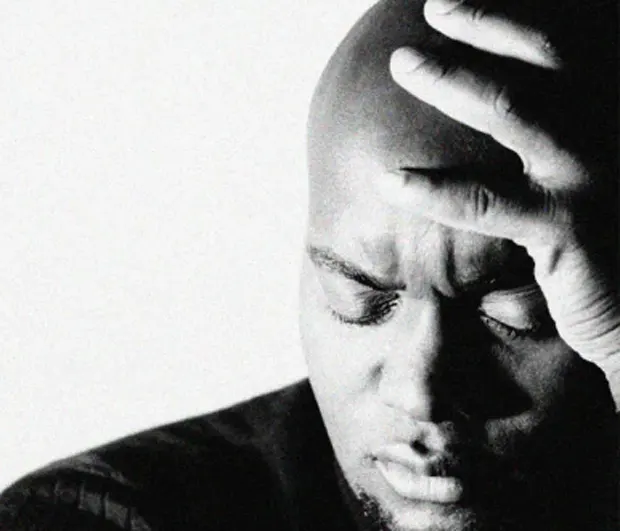A person with a stress or tension headache may feel tightness or pressure like a band around the head. The pain may spread to or from the neck. Cold compresses, relaxation techniques, and other tips may help relieve or prevent it.
The World Health Organization (WHO) states that more than 70%Trusted Source of some populations report experiencing tension-type headaches.
This article will look at the symptoms, causes, and treatment options for tension headaches. It will also compare them with other types of headache, such as migraine and sinus headache
nfrequent episodic tension headache: The IHS notes that a person will experience this type of headache fewer than 1 day a month on average. The headache may last as short as 30 minutes or as long as a week. Nausea and vomiting do not occur. Frequent episodic tension headache: The IHS states that a person will experience no fewer than 10 headaches a month, lasting between 1–14 days per month, for 3 months or more. The headaches can last for 30 minutes to 7 days. A person may also be sensitive to light or sound. Chronic tension-type headache: A person experiences a headache for 15 days or more, lasting for 3 or more months. The pain can last hours or days, or be constant. A person may also experience light sensitivity, sound sensitivity, or mild nausea. However, the overuse of such pain medications can increase the risk of episodic tension headaches developing into chronic tension headaches. This can happen because rebound headaches may occur after each medication dose wears off.
Primary headaches are not normally due to an underlying medical condition. Headaches are a physiological disorder and are not a psychological condition. Research is ongoing to find the causes of tension-type headaches. Stress, anxiety, and depression may trigger jaw clenching, lack of sleep, or lack of exercise which could worsen the problem. Triggers can differ between individuals. Keeping a headache diary can help people identify and avoid headache triggers and patterns.
Frequent episodic tension-type headaches can coexist with migraine. An additional contributing factor includes the overuse of analgesics, or pain relievers, which can create rebound headaches.










